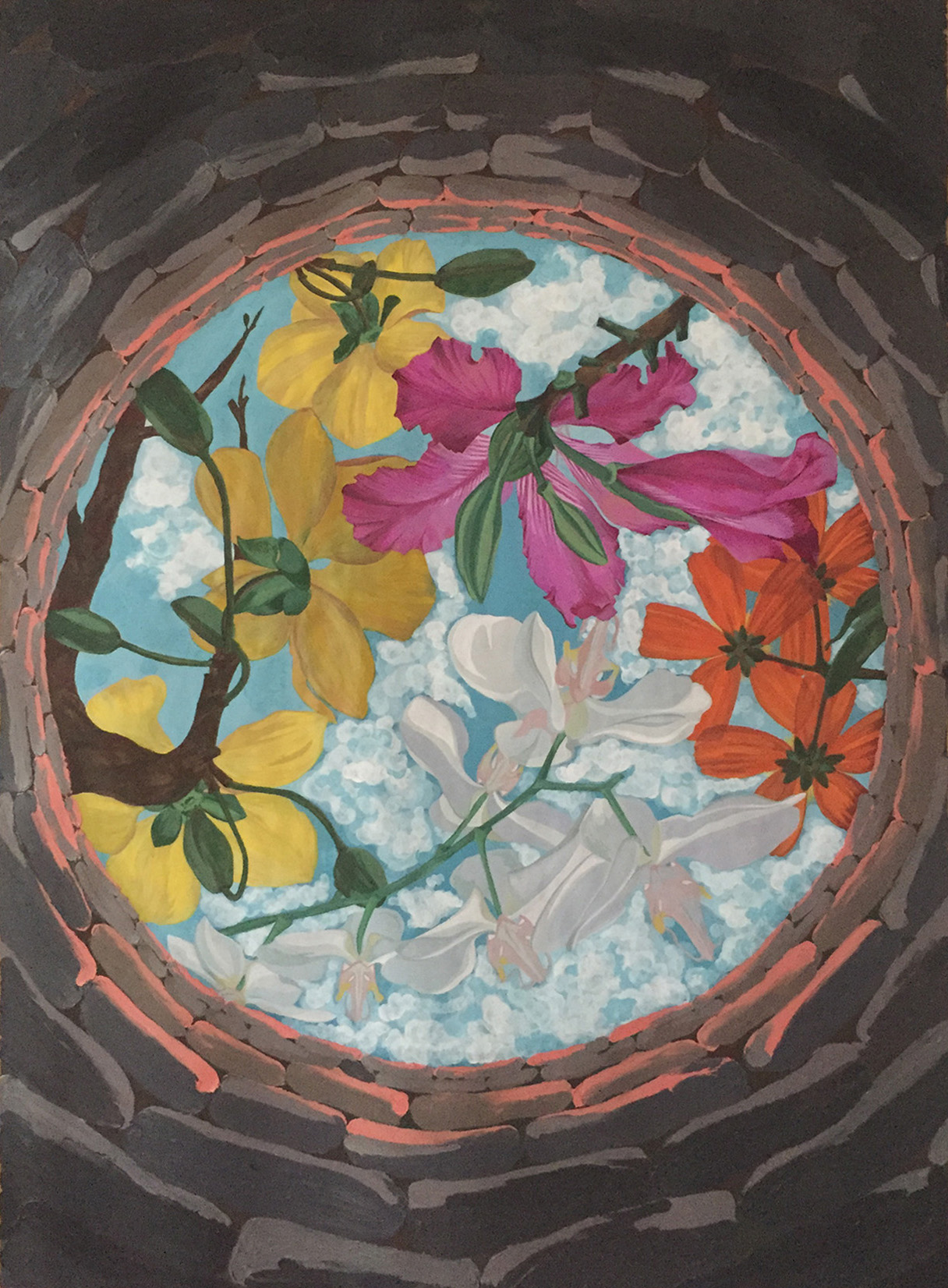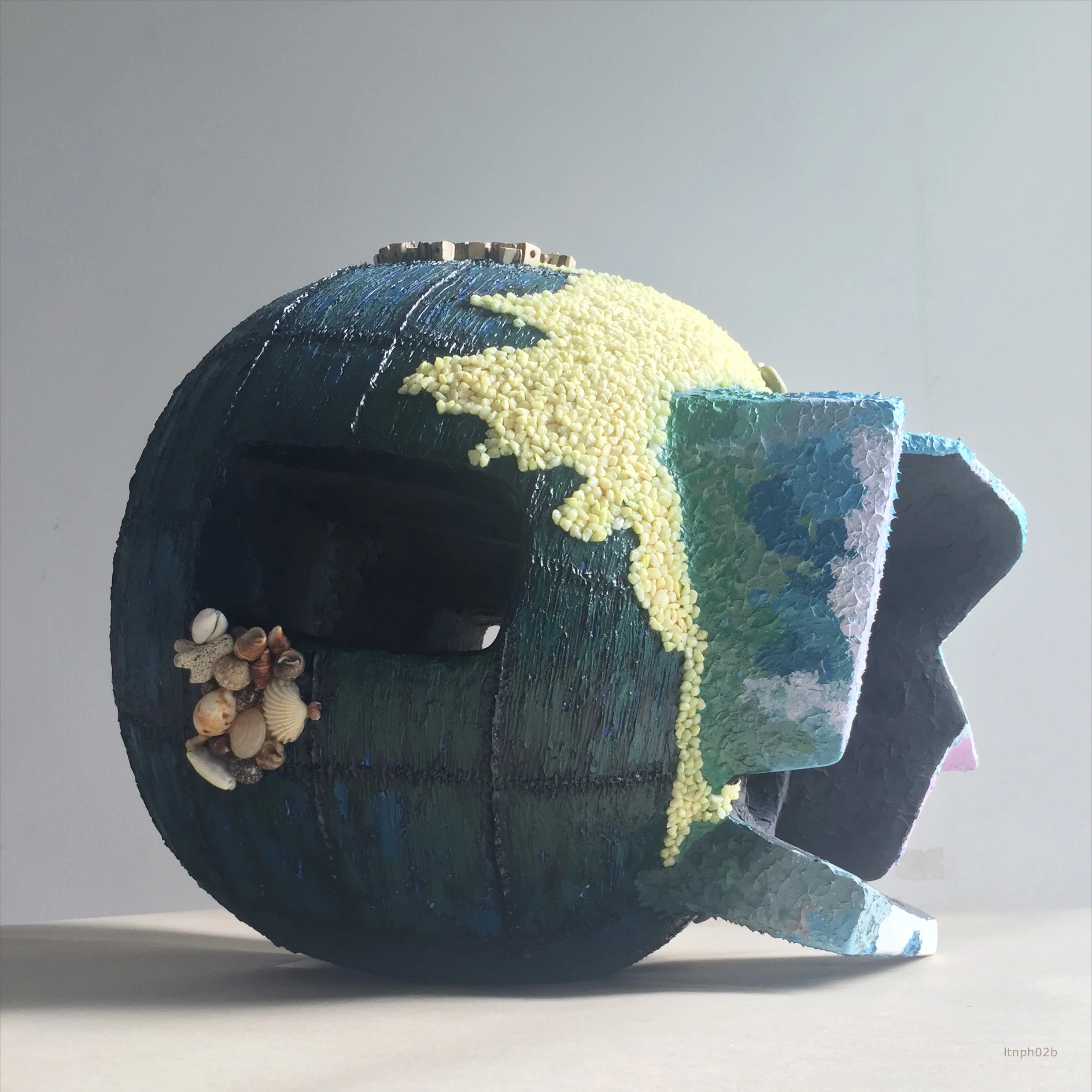
The Touch [selected]
Based on my experiences of forming in clay, I must often depend not only on visual ability but also on tactile sensation, for instance to adjust the evenness of the shape’s surface or to check the clay’s wetness. For sighted people like me, an image retrieved from a visual perception is more attainable than from a tactile perception. It might be explicable that the cognition has been already developed much through ocular information from milieu. The cognition acquired from tactile experiences merely facilitates bodily feelings. On the other hand, working as a volunteer at a kindergarten for visual-impaired and blind children in Kyoto Lighthouse – the Center for Vision Impairment in Kyoto City - from March to August 2016, I did spend time explaining to these kids the purpose of the objects they are grasping by their hands and questioning about. I found it difficult to describe those things as well as their functions in plain words based on my visual experiences.
It has caused me to question how visually impaired people who must depend entirely on their tactile sensation to “view” a visual artwork would respond to it. In this collection, I explored the bare finger-painting method that created a similar impasto effect in an effort to comprehend a direct fleshy interaction with mediums such as oil paint.

The Touch
Kaleidoscopically Everyday…
2018 | Mixed-media on metal sheet | 130 x 184 cm

The Touch
When Looking Upward
2018 | Mixed-media on paper | 77 x 106 cm

The Touch
Dawn
2018 | Oil on unprocessed lacquer board | 15 x 40 cm

The Touch
Ginger
2018 | Oil on unprocessed lacquer board | 15 x 40 cm

The Touch
Remnant
2018 | oil on canvas | 80 x 60 cm

The Touch
The World
2018 | Mixed-media on fired stoneware | L44 x W36 x H37 cm





